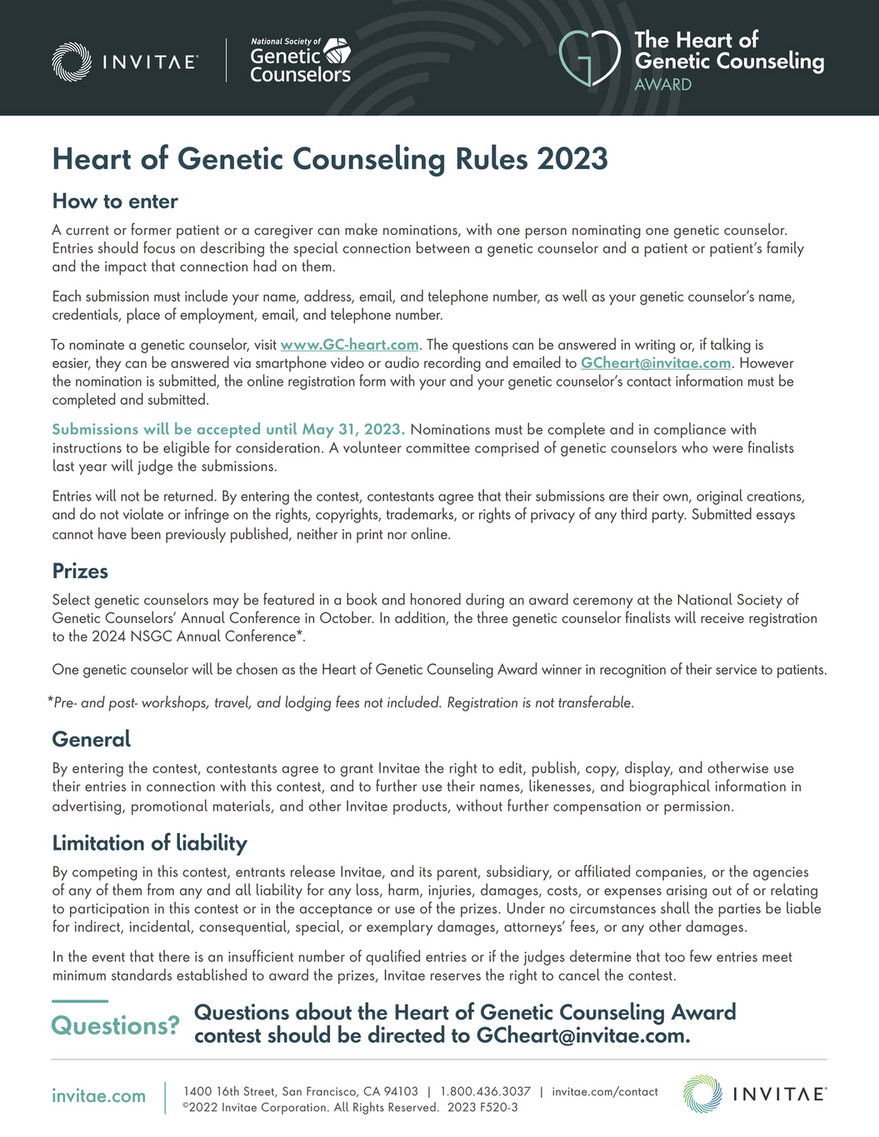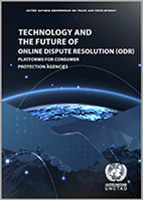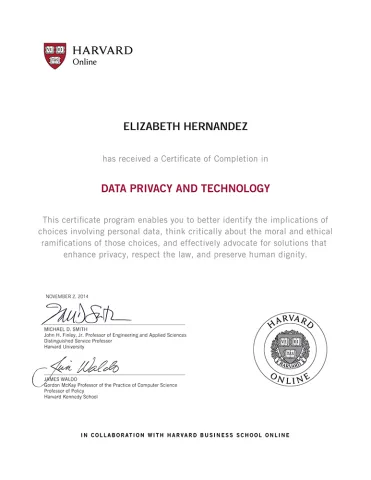
Ethical Framework in Genetic Counseling: Navigating Regulations
Genetic counseling plays a crucial role in providing individuals and families with insights into genetic risks and conditions. In this article, we explore the significance of genetic counseling regulations, delving into the ethical framework that guides these practices and ensures responsible and empathetic genetic counseling.
Defining Genetic Counseling Regulations
Genetic counseling regulations are guidelines established to govern the practice of genetic counseling. These regulations are designed to uphold ethical standards, protect the privacy of individuals seeking genetic counseling, and ensure that practitioners adhere to best practices in the field. The dynamic nature of genetics and genomics requires a robust framework that evolves with scientific advancements.
Balancing Privacy and Informed Consent
One of the key aspects of genetic counseling regulations is the emphasis on privacy and informed consent. Individuals undergoing genetic counseling should have a clear understanding of the information being gathered, how it will be used, and the potential implications. Regulations mandate that genetic counselors obtain informed consent, fostering transparency and respecting the autonomy of those seeking genetic guidance.
Ensuring Competence and Professionalism
Genetic counseling regulations set the standards for the competence and professionalism of practitioners. These guidelines typically require genetic counselors to have specific educational backgrounds, clinical training, and certifications. By ensuring that practitioners are well-qualified, regulations contribute to the delivery of accurate and reliable genetic information.
Addressing Psychological Impact and Emotional Support
Genetic counseling is not only about providing scientific information but also addressing the psychological and emotional impact of genetic testing results. Regulations acknowledge the importance of emotional support in the genetic counseling process. Genetic counselors are often required to facilitate informed decision-making while offering empathy and understanding to individuals and families navigating complex genetic information.
Ethical Considerations in Prenatal Genetic Counseling
Prenatal genetic counseling introduces unique ethical considerations. Regulations in this domain focus on issues such as prenatal testing decisions, the disclosure of potential genetic conditions, and the impact of such information on reproductive choices. Genetic counselors specializing in prenatal counseling must navigate these ethical considerations with sensitivity and adherence to regulations.
Integration of Technology and Telehealth in Genetic Counseling
With technological advancements, genetic counseling has expanded beyond traditional in-person consultations. Regulations now address the integration of technology and telehealth in genetic counseling services. These guidelines ensure that virtual genetic counseling maintains the same ethical standards and privacy protections as traditional face-to-face sessions.
Genetic Counseling for Personalized Medicine
As genetic information becomes increasingly relevant in personalized medicine, regulations are evolving to address the ethical implications of genetic counseling in this context. Ensuring that individuals understand the potential implications of genetic data in guiding personalized treatment plans is a key consideration in these regulations.
Global Perspectives on Genetic Counseling Regulations
Genetic counseling regulations vary across countries, reflecting cultural, ethical, and legal differences. While core principles may be universal, nuances exist in how genetic counseling is practiced and regulated globally. International collaboration and the exchange of best practices contribute to the development of ethical genetic counseling standards worldwide.
Challenges and Evolving Landscape
The landscape of genetic counseling is dynamic, with challenges and opportunities emerging as technology advances. Keeping pace with these changes while maintaining ethical standards poses a challenge. Continuous education, professional development, and collaboration among genetic counselors, researchers, and policymakers are essential to navigate the evolving landscape responsibly.
Looking Forward: Shaping the Future of Genetic Counseling
Genetic counseling regulations play a pivotal role in shaping the future of genetic counseling. As genetic technologies advance and our understanding of genetics deepens, regulations will need to adapt to new challenges and possibilities. Ensuring that genetic counseling remains a trusted and ethical practice requires ongoing dialogue, research, and commitment to ethical standards.
In conclusion, genetic counseling regulations form a crucial framework for ethical and responsible genetic counseling practices. These regulations safeguard the privacy, autonomy, and emotional well-being of individuals seeking genetic guidance. To learn more about genetic counseling regulations, visit Genetic Counseling Regulations.




